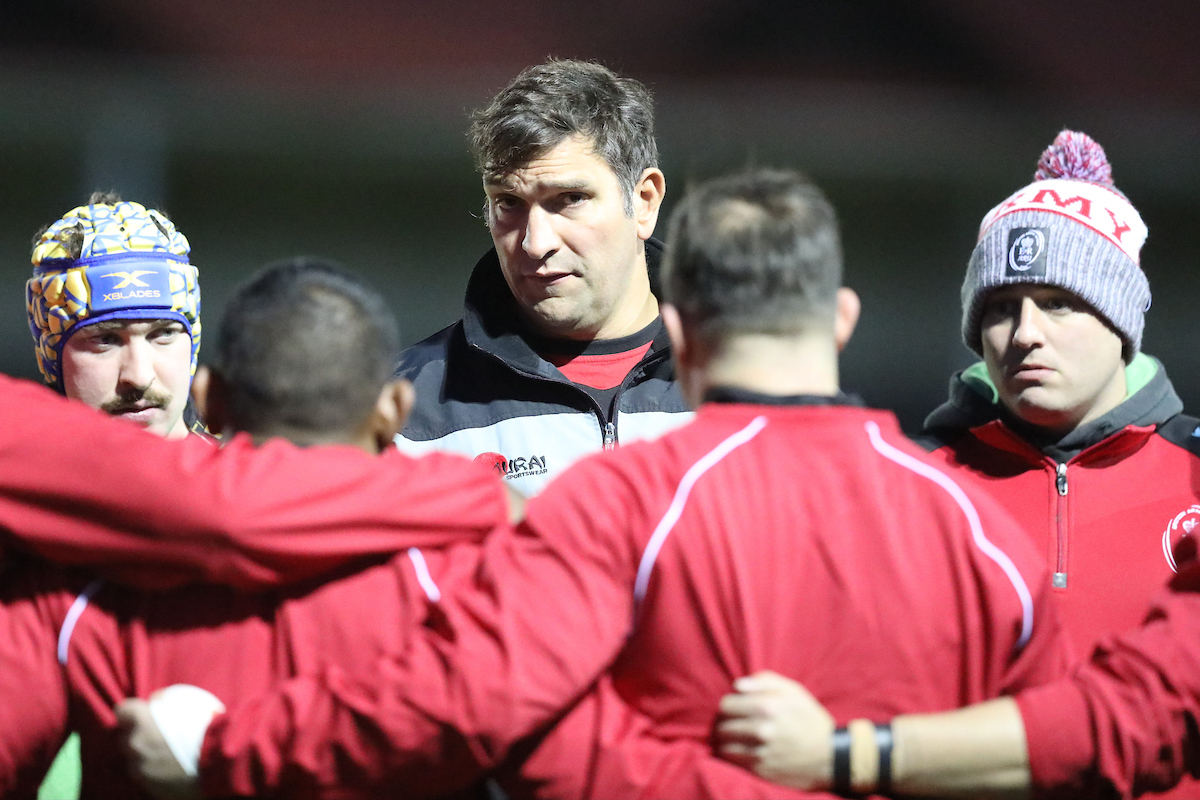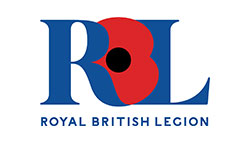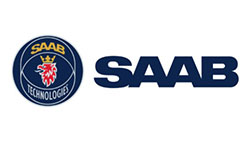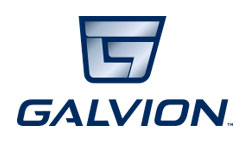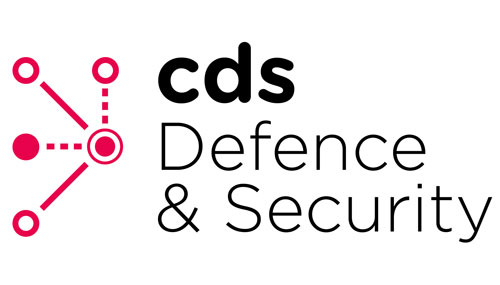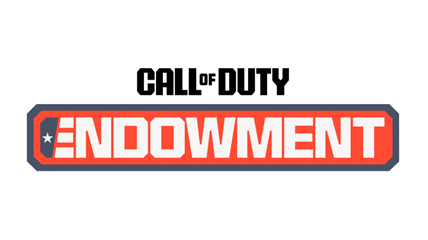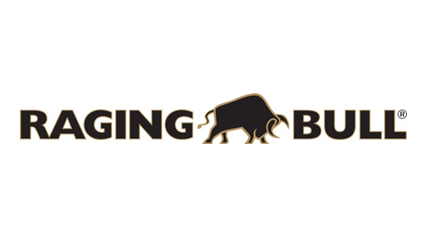This March will be a sad moment for everyone involved in the Army Rugby Union as one of its stalwarts steps away from a 24-year career in uniform, and with it, his availability to pass on his experience and expertise within the Senior Men’s team coaching set-up.
SSgt Lee Soper’s (7 Para RHA) record speaks for itself. Five Army Navy matches, five more against the RAF, and a total of 11 capped appearances in the red shirt, thanks to a further match against the New Zealand Army. Five Combined Services caps against the likes of the Barbarians, Argentina and Romania. First team rugby with Harlequins, Worcester, Cornish Pirates and London Scottish. Twelve caps for Cornwall and five for England Counties.
And that is just the playing.
As a coach he was forwards coach for the Army Men’s Senior team between 2016 and 2020, helping guide the team to three Inter-Services Championship titles, and was forwards coach of the Army Under-23s for four years before that. And in 2019 he was head coach of the UKAF team which reached the final of the Forces World Cup in Japan, only losing to a highly experienced Fijian outfit, having previously been forwards coach for the Combined Services Under-23s.
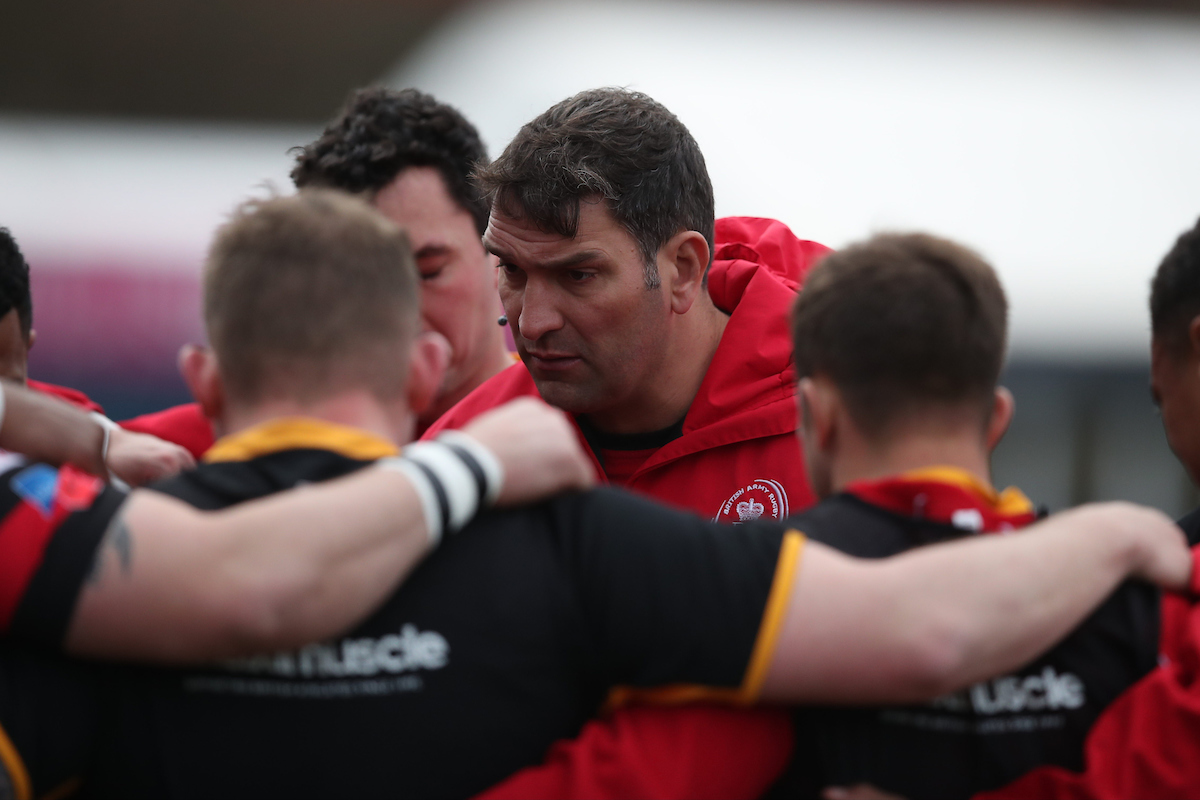
Image © Alligin Photography
The memories from those experiences alone would last a lifetime, but when you also include tours of Iraq and Afghanistan (twice) into the mix – and time driving Green Goddesses during the 2002 fireman’s strike – you have an example of someone who has found the right blend of playing and coaching top flight sport with a successful and productive Army career.
And this, SSgt Soper says, has been his ambition throughout his near-quarter century of service.
“I’ve always been a massive preacher of this in my regiment, but I believe that sportspeople make the best soldiers,” he says. “They’re team players – even if you’re in an individual sport you’re still a member of a team which competes – and highly motivated. They’re disciplined and have all the attributes you need to be a successful soldier.
“I’ve been lucky in a way. I’ve done the full military aspect which you have if you join up as a soldier. I’ve been to war in Iraq and two tours of Afghanistan and from a military point of view ticked all the boxes there.
“But then running alongside that I’ve had the rugby as well, and I’ve been very privileged to achieve what I’ve achieved. I’ve played professional and semi-professional rugby at Harlequins and for Worcester, both in the Premiership, as well as Cornish Pirates and London Scottish. And I’ve gone all the way to the highest level you can in the Forces, playing for the Army and for the Combined Services against the Barbarians, Argentina and Romania.
“To have the highest job you can have as a coach in the Forces, I’m tremendously proud of that, too. It’s been a long road from being a young 19-year-old from Cornwall to being a 43-year-old bloke leaving the Army.”
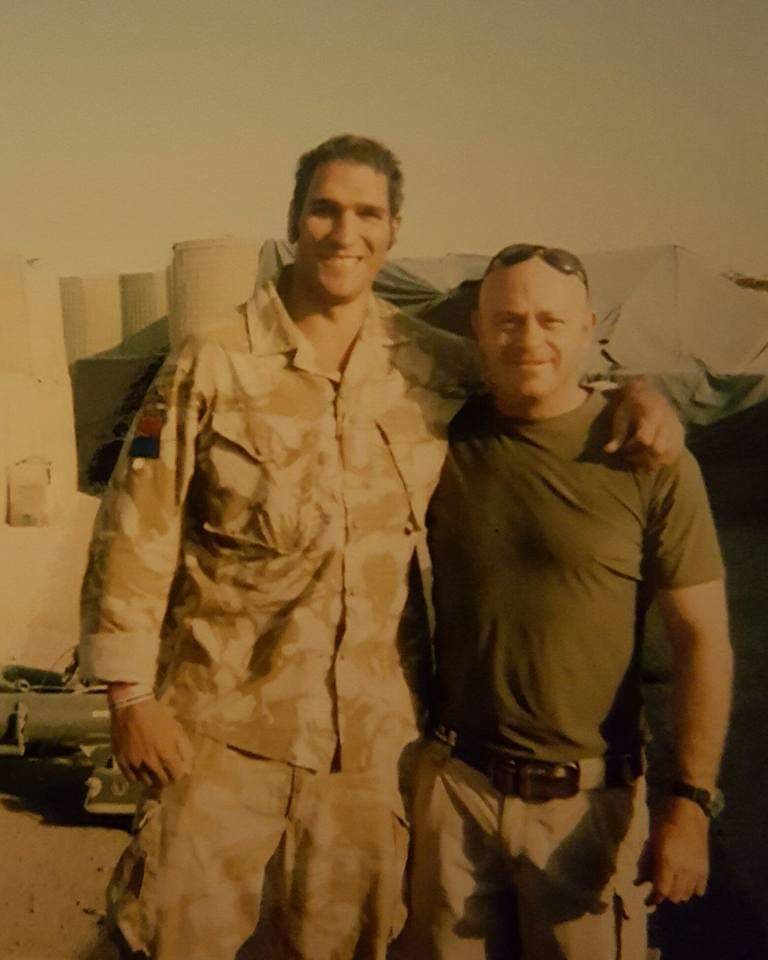
Image © Lee Soper
However his commitment to the uniform did mean some disruption to his civilian rugby. The tour in Iraq took him away from Launceston, who he had been with for half a season before being sent to the Middle East as the first member of the first team squad to be called up for duty – “Dean Shipton, the coach, asked me whether I’d be back in about three weeks’ time!” – while the second tour of Afghanistan impacted his time with London Scottish.
Nevertheless, “I’ve always had tremendous support from the clubs I’ve been at, both for me and for my family,” he says.
Discussion inevitably turns the other way, and the impact that experiencing war and conflict had on his rugby. And in this the effect has encompassed various aspects, both mental and physical.
“Iraq physically changed me,” he recalls. “We flew out on Valentine’s Day and I had come straight from the training paddock around a month before that, so I was still at my fighting weight of about 18 stone. We went there, were in NBC suits, boiling hot, in the middle of the desert and on Arctic rations.
“So when I came home I was around 15-and-a-half stone, and when I went to see the lads prepping for Army Navy and then the Cornwall lads ahead of the County Championship, you could see the shock on their faces, especially when you’re someone who’s six foot six inches! When you lose that kind of weight you turn into a beanpole!”
This necessitated a physical re-build at new club Cornish Pirates to turn him back into a rugby player, but while it was a different story in Afghanistan in 2008 – “when I came back my wife said I was in the best nick she’d ever seen me in” – there were some different implications for his time at London Scottish, who had just been promoted.
“I took some time out before getting to play with them in December,” SSgt Soper says. “I was never going to break into the first team, contracts had changed, as had my whole aspects of thinking. I’d been in some dangerous situations in Afghanistan, and wanted to be closer to my family. Travelling two hours down to Richmond and then play second team rugby didn’t appeal as much.
“I spoke to [director of rugby] Brett Taylor and asked to see out the rest of the season in Colchester, who had made me an offer to be a player/coach. Then the coaching gripped me and I stayed at Colchester, where I still am.
“So it changes you, both the physical side and the mental side, when you go on tours like that.”
As with every large organisation there have been myriad changes throughout the Army during the past 25 years, which have had an inevitable effect on sport throughout the Services.
“The Army has changed so much since I joined,” he says. “In 1996 when I did my basic training there were 180,000 personnel, now there are around 76,000, and you see that difference in things like the Army Cup when some regiments can’t get a team together. That’s been a big shock to see.
“So it’s now important for us to encourage and support our elite sportspeople who are representing the Army and Combined Services. Here at 7 we’ve shifted to being a regiment which provides a few players to representative teams, which is more manageable than trying to get a whole team of blokes away for a week to prepare for an Army Cup match.
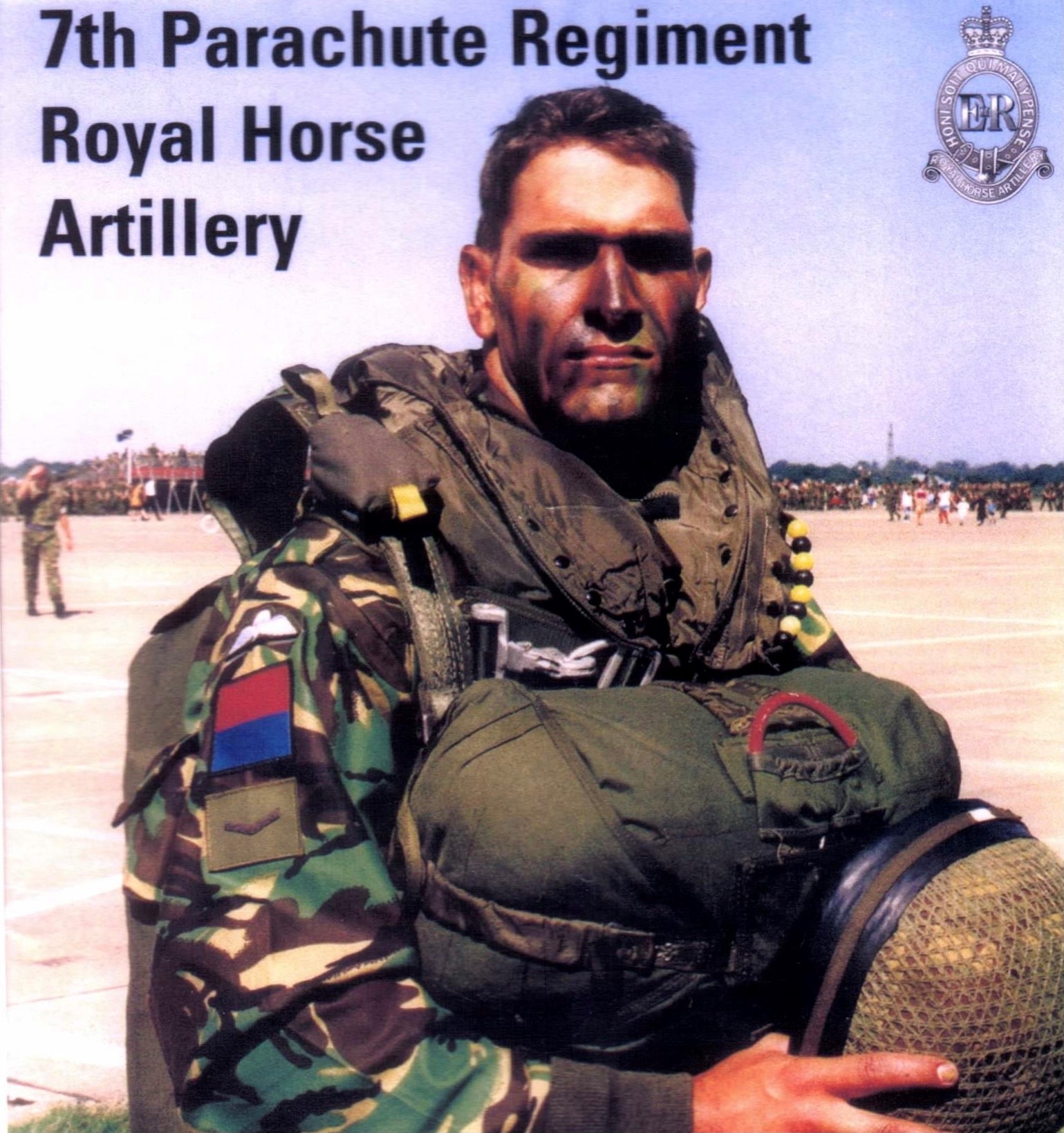
Image © Lee Soper
“It’s a great shame because if we lose that then it will affect everything, the whole Army and the whole military, because we’re based on team ethics, motivation and key values. It’s constantly being addressed, but if the Army’s getting smaller it’s not going to disappear.”
One of SSgt Soper’s solutions is to ensure that as many talented players as possible within the Army are also getting their opportunities to play at as high a level as possible in civilian rugby, and in this there are some good examples to follow, not just in the Premiership.
“The guys need to be playing 20-odd games a season and you’re not going to get that in military rugby,” he says. “So the guys need to get into the national leagues at a club close to them and we’ve pushed that. We’ve done that with Shane Nayalo, who turned up here as a young gunner and is now at Coventry. We saw that he had talent and got him out there, and now he’s playing top Championship rugby. That’s then good for me as a coach to have someone there improving his skillset because he’s training every day.
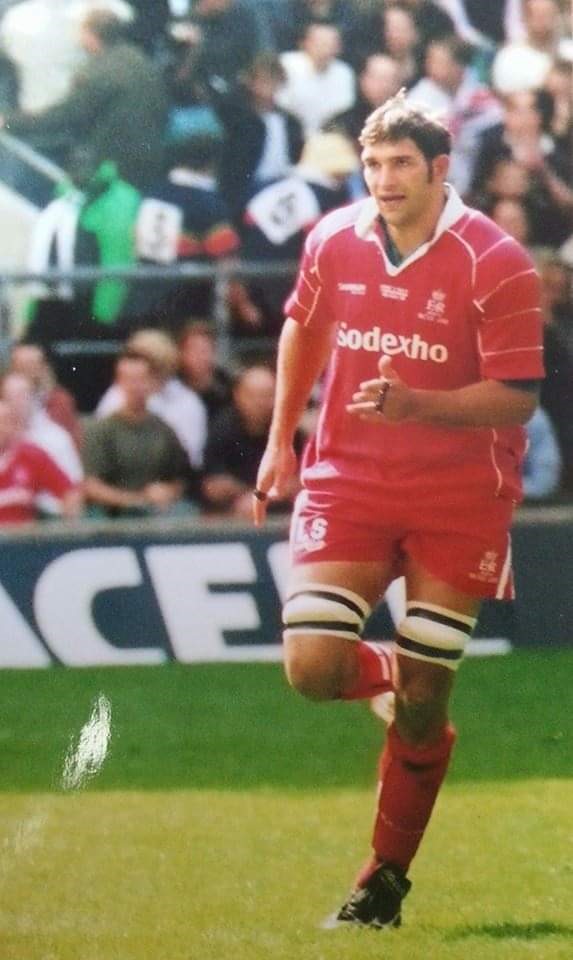
“Connor O’Reilly is different because he’s at Colchester playing in London 1, but he’s balancing this with his career, doing courses and progressing, as well as playing at a high level with the Army and UKAF.”
His own experiences as a player may be a few years older, but there are nevertheless good lessons there, too.
“I got selected to play for the Army in the 1999/2000 season, and after the Army Navy game was invited to play for Harlequins. I moved on to Worcester after that full-time and got the permission to do that from my commanding officer at the time. 7 Para is a massive rugby regiment and they were well up for it.
“It was down to your commanding officer at the time, whereas now there’s a structure in place for the likes of Beany and Roko, and the Army have taken control of that.
Image Left © Lee Soper
“In my contracts I had the clause to say that if I was called up for an operational tour then I had to go. And that was used even before Iraq because we were all used for Op Fresco during the firemen’s strike in 2002! I was at Poole in Dorset driving a Green Goddess around for a week or two, and then back at the club to get on with it.
“During the off-season I would come back to the regiment, do some career courses and generally be a presence around the regiment.”
Despite these pressures on numbers SSgt Soper believes that the set-up is there within the red shirt development programme with a steady flow not just of players, but also coaches like Capt Mal Roberts who have the experience of leading the Army Under-23s and is now in charge of the Senior Men’s team.
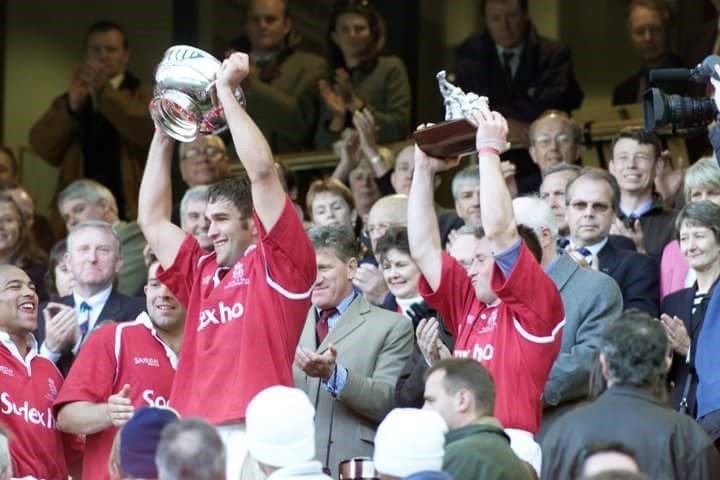
Image © Lee Soper
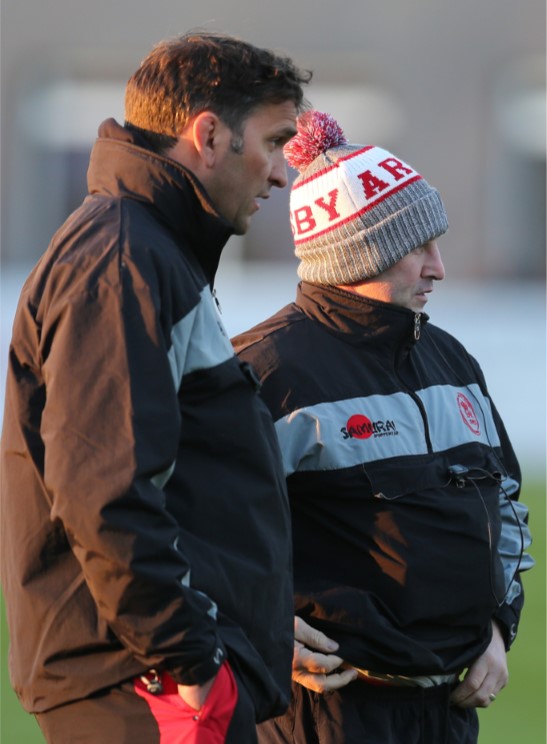
Image © Alligin Photography
This brings us nicely onto coaching, which has been another career in itself for SSgt Soper.
“As a player I was revved up. It was a completely different game though. The mindset of a second row back then was that you knew you were going to get into a fight and you had to be massively aggressive to set your authority. But that said I never had a fight against the Navy. It was a different story against the RAF though!
“As a coach it’s completely different. I’m hoping that the lads execute everything we’ve worked on and that it will pay off. You’ve got to be calm and cool so the guys don’t go off the wire, even right on that last walk back into the changing room.”
Being one of the people in charge brings pressures of its own, but there is still room for experimentation and a bit of fun.
“When we played against Bedford a week before the RAF we used the RAF’s lineouts, knowing that they would analyse those lineouts, while we had the lineouts for the RAF all worked out and hidden away,” he admits.
“The boys enjoyed that kind of stuff, and the great thing was that the standards and skillsets of the players was high enough that they could adapt immediately to that. It’s great that we have so many lads playing in the Championship, the Premiership, and in National One and the equivalent in Wales. That’s credit to them.”
We end where we began, with a career retrospective. All too often in sport you are looking forward to the next game, the next set-piece, the next move after scoring or conceding a try. But when a seismic shift is about to happen in personal circumstances looking back at what has mattered the most over the last 25 years is inevitable and understandable.
SSgt Soper is no different.
“Regimental wise, winning Army Cups and being part of a legacy of 7 Para rugby is special,” he says. “That will live with me for a long time; some great people have worn that shirt.
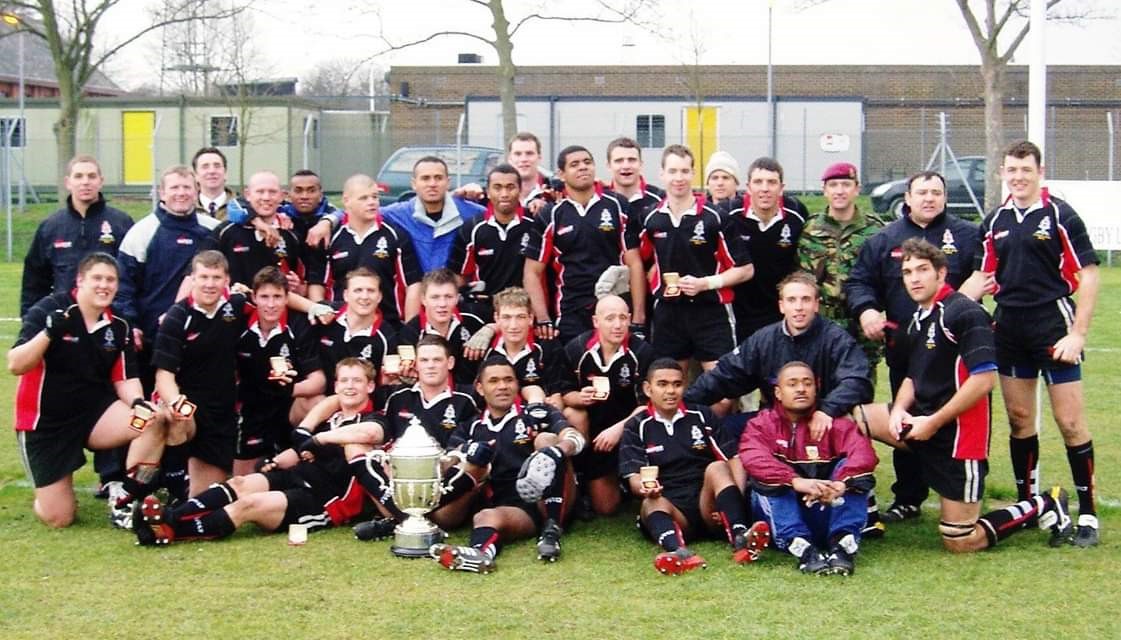
Image © Lee Soper
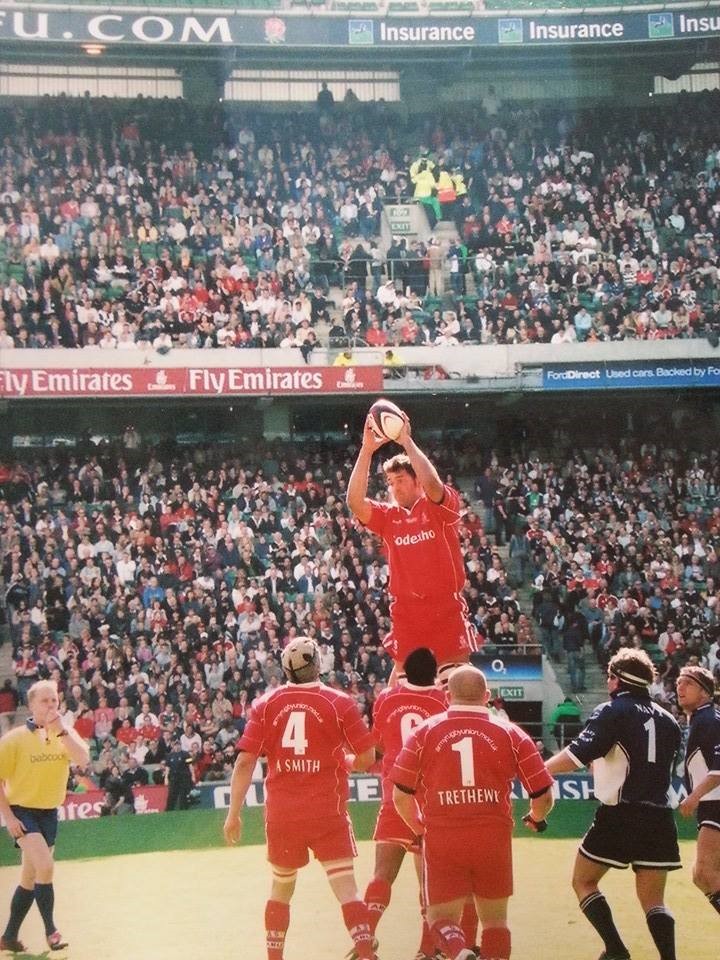
“Army-wise, the most memorable thing is stealing the lineout right at the end of the 2002 Army Navy game on our five-metre line. That to me is scoring the winning penalty; I read it, caught it with two hands and won the game for us. If the Navy had scored it would have made it 18-all with the conversion to come.
“As a coach being the UKAF head coach in Japan was phenomenal, working alongside the RAF and Navy boys as well as the Army. I was so proud of what they achieved as a team at short notice. It’s a great opportunity to play teams who we wouldn’t normally play. We had Georgia in the first round, then France, and then Fiji in the final, who had some full internationals in their team.
“But the biggest thing for me as a coach has been to see the development of the players, the likes of Ross, Beany and Siva, all those boys who have come up from when I was coaching at the Under-23s to win their senior caps. I think I had nine players in total who came through the ranks when I was coaching the Under-23s who have gone on to win their senior caps, and I’m very proud of that.”
Words © Chris Wearmouth
Image Left © Lee Soper
